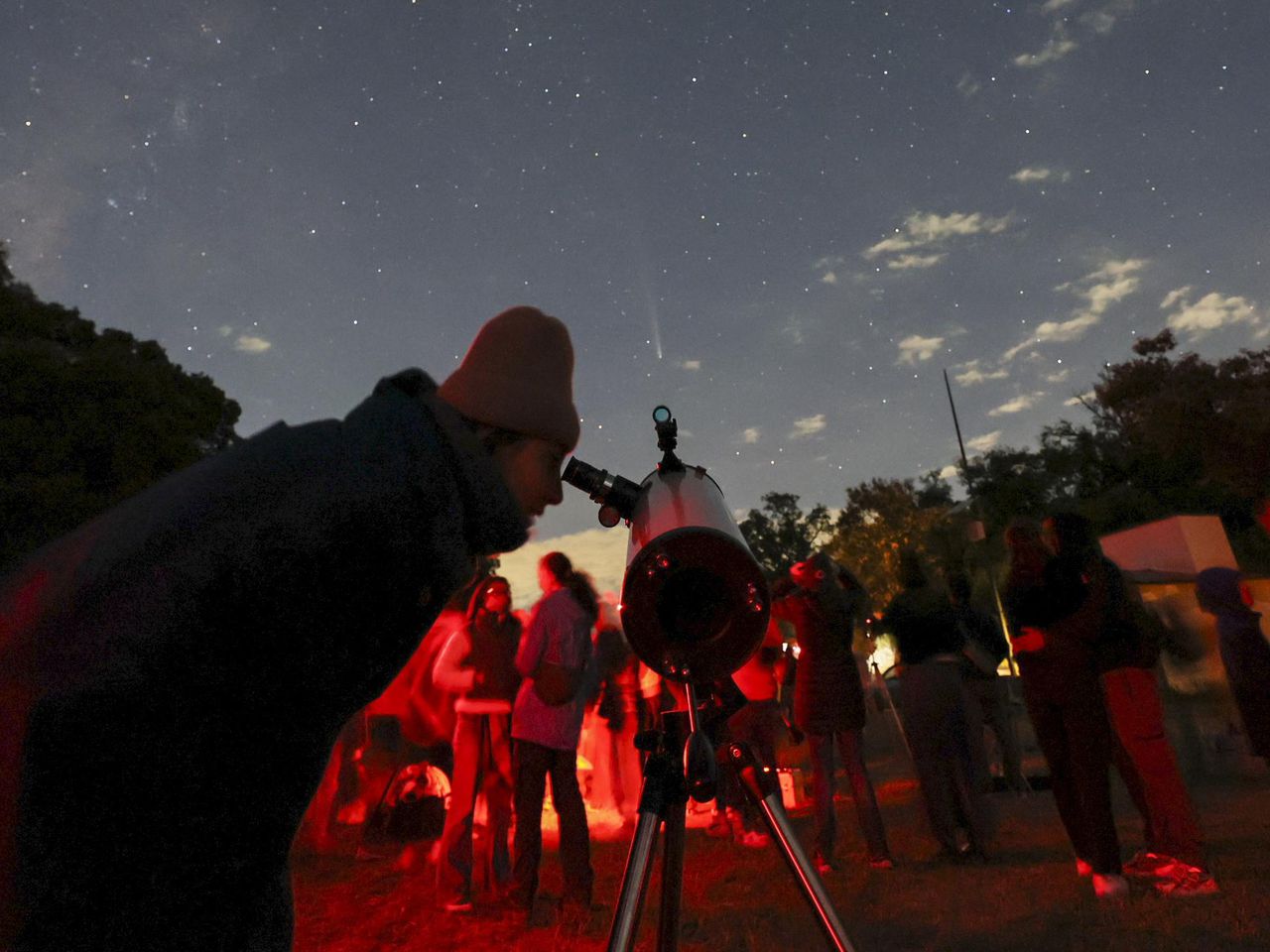Stargazers’ delight: Efforts to cut unwanted light pollution win praise
SANTA FE, N.M. (AP) — Advocates for limits on indiscriminate outdoor lighting that are obscuring night skies worldwide are recognizing efforts by an oil and natural gas developer to reduce scattered light in New Mexico.
DarkSky International, an advocacy group for preserving views of starry skies, on Wednesday announced its first-ever certification of oil and natural gas sites that seek to reduce unwanted light pollution.
It recognized Denver-based Franklin Mountain Energy for lighting retrofits at two sites and one new location within a major oil production zone in southeastern New Mexico. The projects are expected to reduce skyglow at locations including Carlsbad Caverns National Park, a remote gathering point for astronomy buffs and night hiking.
Franklin Mountain Energy cofounder Audrey Robertson said the lighting changes will maintain safety for workers while also reducing electricity consumption.
The company said in a statement that it worked on the effort with an alliance of federal land and parks agencies, telescopic observatories and the New Mexico Oil and Gas Association. Recommendations from the alliance include equipment that directs light downward onto work areas and limits light that is cast upward into the sky.
Stargazers worldwide are grappling with the encroachment of outdoor lighting at night.
A 2023 study that analyzed data from more than 50,000 amateur stargazers found that artificial lighting is making the night sky across the world about 10% brighter each year. As of 2016, more than 80% of the world lived under light-polluted skies.
New Mexico state lawmakers are drafting a proposed update to a 1999 law that regulates outdoor night lighting in the state’s high-altitude mountains and desert. The initiative responds to a rapid increase in light pollution amid advances in energy-efficient LED technology that has spurred more outdoor night lighting that is often unshielded.
The National Park Service has set the protection of dark night skies as a priority at remote locations including the Chaco Culture National Historic Park, an area of New Mexico that Native Americans consider sacred. More than 99% of the park has no permanent outdoor lighting.
Source: wral.com
